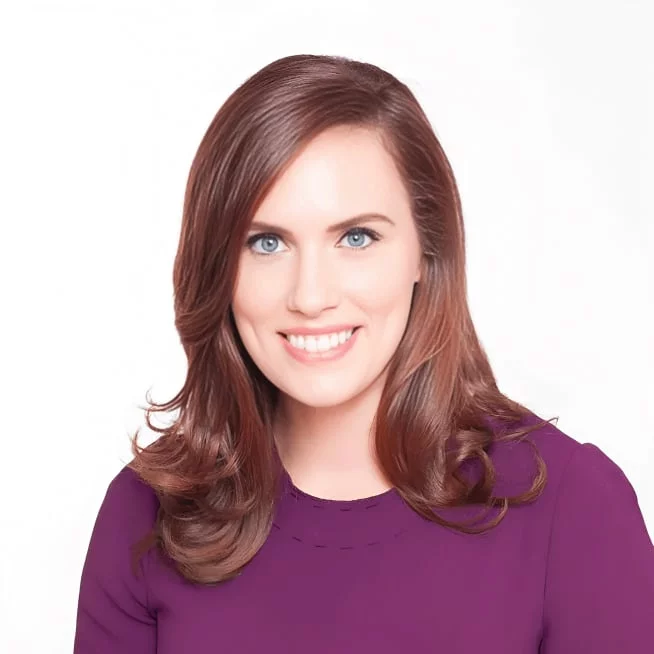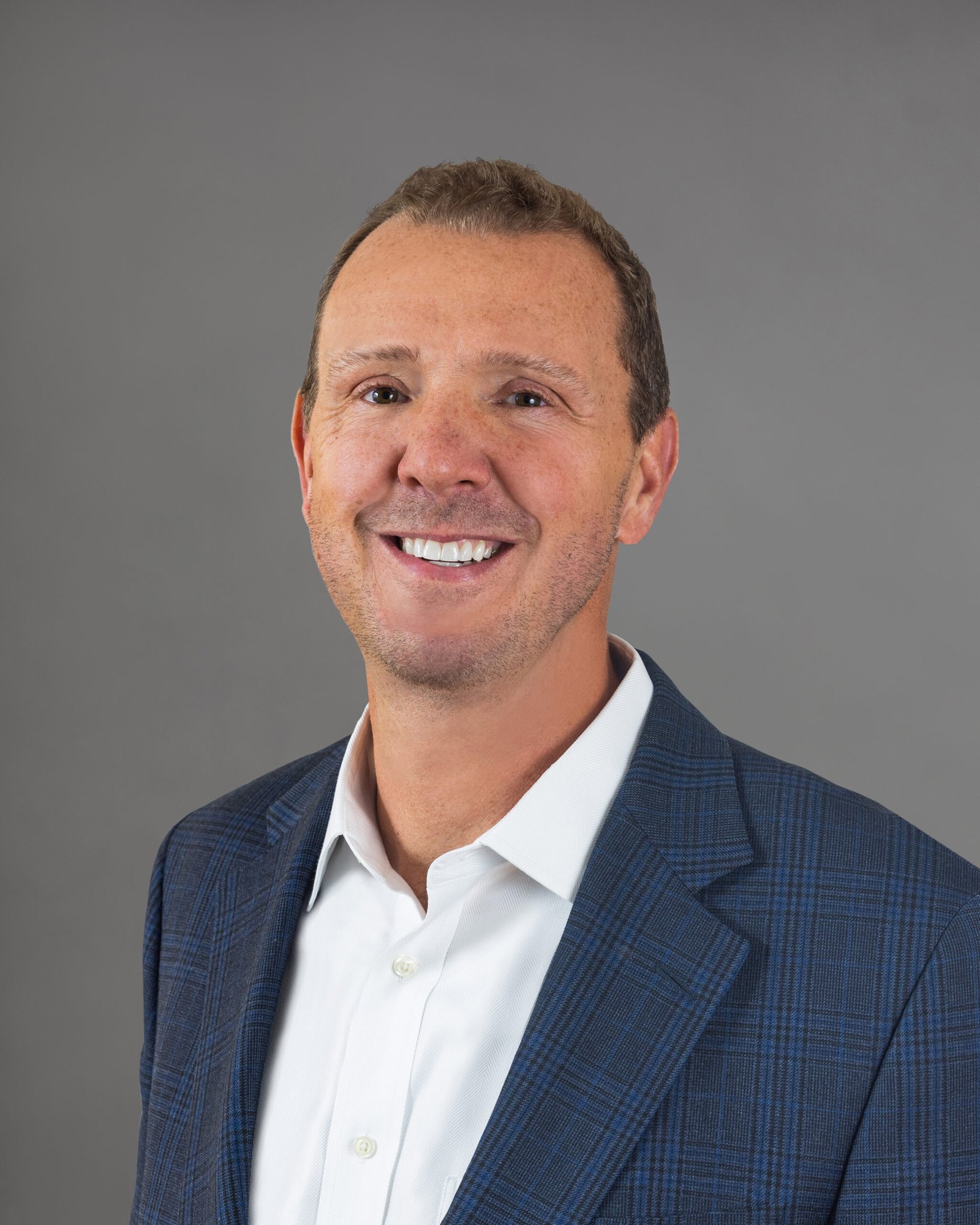I recently went one on one with with Jon Brodsky, CEO of YouNow.
Adam: Thanks again for taking the time to share your advice. First things first, though, I am sure readers would love to learn more about you. How did you get here? What experiences, failures, setbacks or challenges have been most instrumental to your growth?
Jon: I got lucky right out of college — I got a job in private equity, which is something that usually takes people ten or fifteen years of being a grunt at an investment bank to get into. It was what I thought I wanted to do for the rest of my career… and I flamed out in three years. I just hated that when we said we were ‘creating value,’ what we really meant was that we were firing people. So I jumped into the operations of our portfolio companies, and after a few years, I was holding senior management positions.
There were definitely more failures along the way than successes, though: at Allmenus, my first real senior role, our financial model sucked, and I was too dumb to try and change it. I ended up leaving just as we fixed it by focusing on online food ordering Later, at 1-800-flowers, where I was the M&A guy, I helped them buy about 17 businesses, and I was also responsible for our international operations for a while. During my tenure, we added about $350 million in revenue, which is a very impressive headline number. Still, I’d estimate that about half of those acquisitions were either partial or total failures: some because I did a bad job negotiating terms, some because my analysis was deeply flawed, and some because I wasn’t working well enough with the management teams in place post-acquisition. Truthfully, I was a brat to a lot of them.
At Chicken Soup for the Soul, before our sister company had a successful IPO that my digital-focused team was pretty instrumental in making happen, I learned that my consumer product ideas, at least for that audience, were total crap. I remember one idea I had — I still have a copy of it lying around — where we made personalized Chicken Soup for the Soul books. We might have sold 17 of them, I don’t know. Thank goodness our CEO was patient enough to let me keep experimenting until we hit on an actual scalable business model, which scaled very, very quickly once we figured it out.
At my last job, where I was CEO of Finder US, I made a couple of big mistakes. First, it was my first time as a CEO, and I really wanted to be supportive of our staff. I definitely went too far and ended up being the referee for many things I should never have been involved in. Second, and more importantly, I dramatically overestimated the size of our competition, which made me overestimate our own potential in a variety of markets. We still were a hyper-growth company, and it was a blast, but I can see clearly now that had I been better at those two things, we would have grown significantly more because I would have adjusted my tactics across the board.
We all present our resumes in such a way that it looks like we had unbridled success all the way through when what really happens is that, unless we’ve done that exact job before — something I’ve never done — we fail a lot, and we rely on the patience and graciousness of others until we catch up and make a mark.
Adam: In your experience, what are the key steps to growing and scaling your business?
Jon: I believe that there are two things that make a business scalable: experimentation and consistency. These are obviously at odds with each other, so I’ll explain a bit more: first, you need to do the stuff that works every single day. This is what I mean by consistency. If you’ve got an anti-fraud team like we do, you want to make sure that they’re consistently applying the same standards to their job every day, and doing it consistently. Another way to think about this is how I think about working out: it doesn’t matter if you do a massive 3-hour work-out once per week to your body. Your body will basically ignore this. To get your body to respond, you need to work out every single day. Most processes in business are the same way, and it’s imperative that you standardize them as quickly as you can.
The second thing you need to do is make sure that those processes you’ve put in place work. It’s very easy to talk about experimentation in terms of user-facing technology — we, like many other fast-growing companies, launch a new feature or five every couple of weeks as an MVP, and then productize it as we see whether or not our wonderful community adopts it. It’s just as important to experiment in the other parts of the business, too: going back to my fraud team example, they spend about 80% of their time doing the things that they know work, and about 20% trying to find ways to make our fraud detection even better.
Adam: What is your best advice on building, leading and managing teams?
Jon: My best advice is to not build, lead, or manage anyone if you can. In my heart, I’d still prefer to be an artist and a writer, working largely on my own and collaborating with other people when it makes sense. Of course, most businesses aren’t built like this, because businesses are about being more than the sum of the people there, and about having automatic processes that make money for you when no one is paying attention.
I tend to hire people who disagree with me politely. Active debate is what makes businesses innovate and grow. I’m also well-known by the people who have worked for me for years in terms of management: I believe very, very strongly in throwing people into the deep end of the pool and seeing whether or not they drown. I don’t do this to be cruel, and we’ve innovated our hiring processes over the years to make sure that the vast majority of people we hire aren’t going to drown: I do this because Steve Jobs was right in that we should all hire smart people who tell us what to do — if I have to tell you how to spend your day, then I’m wasting a lot of my time. And by making that first month or two in a job a full-on, sink-or-swim experience, you really get to see the people who will think innovatively. Of course, there are times when we give people a lifeline — if I’m keeping up with the analogy, times when I thought I was throwing them in the deep end of the pool, but what I actually did is throw them into shark-infested waters with steak taped to their body.
Once you’ve hired people who can do this and tell you how to do their jobs better, your job gets a lot easier, because you’re in a place where you debate tactics, strategy, and whatever support they need (whether that’s extra people, extra tools, extra vacation — not a problem at YouNow since we have unlimited vacation — or something else). And your job as a leader becomes one of conducting an orchestra: everyone knows what they’re supposed to do, everyone needs to bring their own flair to it, and it’s your job to make sure that they’re playing the same music at the same time.
The downside to this strategy is that people who aren’t naturally adapted to it feel like it’s shifting sands all the time, because they’re expecting someone to tell them what to do. Because of this, I generally set a goal and don’t change it. This might also be a hangover from when I was in companies and some manager would shift our goal halfway through the quarter because it was going to be ‘too easy’ to hit.
I severely dislike frameworks that are popular at most companies, such as OKRs. I understand their utility, but they often devolve into a to-do list for employees, which is the opposite of what I want them to have. To-do lists are great for consistency, but they’re terrible for expectation and keeping an open mind, and all growth comes from an open mind. For this quarter, we ditched virtually all OKRs at YouNow, and instead are just focusing on moving the KPIs that matter a little bit every day.
Adam: What are the most important trends in technology that leaders should be aware of and understand? What should they understand about them?
Jon: I don’t think that there are trends in technology that leaders should attach themselves to. Of course, crypto has exploded, and I think that most crypto is just a fancy way to launder money and that I don’t necessarily want to live in the dystopian, distrustful world where systems like the blockchain are necessary to manage trust between individuals. There are parts of blockchain that are interesting — NFTs are one that jump out at me — but most leaders I know use technology as a way to paper over the fact that they’re doing a bad job at their job, which is providing exemplary service and value to their customers. Does it matter which tech framework you use to accomplish this? Of course not. It matters how you execute.
If you had asked this question differently and asked if I were starting a business, is there a tech that I’d focus on? Yes, there is. I think augmented reality is likely to become the norm in 20 years or so, and it’s worth pursuing. But as a leader in a video live streaming service, I don’t think my team should focus on something that’s five, ten or twenty years out: by the time users are demanding this technology from a company like YouNow, there will be enough tech available for us to integrate or purchase to make it something we can add to our service without taking the inherent risk in having a team focused on a technology that’s unlikely to work in the near future.
Adam: What do you believe are the defining qualities of an effective leader?
Jon: Humility, gratefulness and graciousness. Everyone wants their leaders to be a rock that the company can anchor to, and there are a lot of different ways to do it. For me, I have to lean into things that I know are true: I know that I’m often wrong, I know that I’m often selfish. So I’ve worked hard to acknowledge that I’m wrong, which is humility in a nutshell, and I’ve also worked hard to be grateful to others for pointing out when I’m wrong, and gracious about it. These are the types of things that make sure people trust you, and they’re willing to follow you.
Adam: How can leaders and aspiring leaders take their leadership skills to the next level?
Jon: Read books and talk to other leaders. And when I say read books, I don’t mean management books: most of those recycle the same tired, good-sounding words that are utterly meaningless in practice. Read things that make you uncomfortable. Here are the last five books I read: “How to Blow up a Pipeline” (my review is that it told me nothing about how to actually blow up a pipeline), “Hype”, “Secrets of Casino Marketing,” “In Love with the World” (about a Buddhist monk who was a bit full of himself, and “Noise.” Only one of those — Noise — is a traditional businessy book, and it’s way too dense to be considered a normal business book.
Talking to other leaders is really, really important. I’m lucky that my board at YouNow is stacked with people who have built pretty impressive companies; I also have a number of friends who are C-level executives at a wide variety of companies, and I’m not shy about texting them with a question or problem (and this goes both ways). Finally, I do use an executive coach from time to time; she’s also been a dear friend for over 20 years, so it’s not really the normal coach / mentee relationship.
And, probably more importantly, I think that the often-held wisdom that you’re the sum of the 5 people you spend your time with is kind of BS. I spend as much time as possible with my family, and most of my friends are not high-powered execs. It’s important not to spend time with people who will tell you that you can’t do things, but it’s even more important to surround yourself with people who love you unconditionally, and I’m very lucky to have that in my life.
Adam: What are your three best tips applicable to entrepreneurs, executives and civic leaders?
Jon: Oooh, a listicle. I love these.
Tip #1: Whatever you do, do it consistently every day.
Tip #2: If you see something, say something. Don’t keep doing the same thing just because you did it the day before.
Tip #3: You’re on this planet for your whole life, and you’re going to run into the same people over and over. Don’t be a jerk to anyone, no matter how mean they are to you. You never know what someone else is going through.
Adam: What are your best tips on the topics of sales, marketing and branding?
Jon: Brand comes out of delivering outsized value, not out of a cool marketing strategy. Everything you do should be backed up by delivering that outsized value, and if you’re doing that, it’s not too hard to find marketing strategies that work because your customers will tell you what they are. At YouNow, we have lots of broadcasters who make a great living on our platform who tell us exactly what kinds of ad campaigns worked for them, and we use that knowledge to improve how we attract audiences for them.
Adam: What is the single best piece of advice you have ever received?
Jon: “You should wear a helmet,” which was the advice I got when I was a ski racer and I didn’t want to wear one. I did anyway and had a massive fall at about 80 mph where I got a concussion through the helmet. If I hadn’t worn one, I’d be dead.









